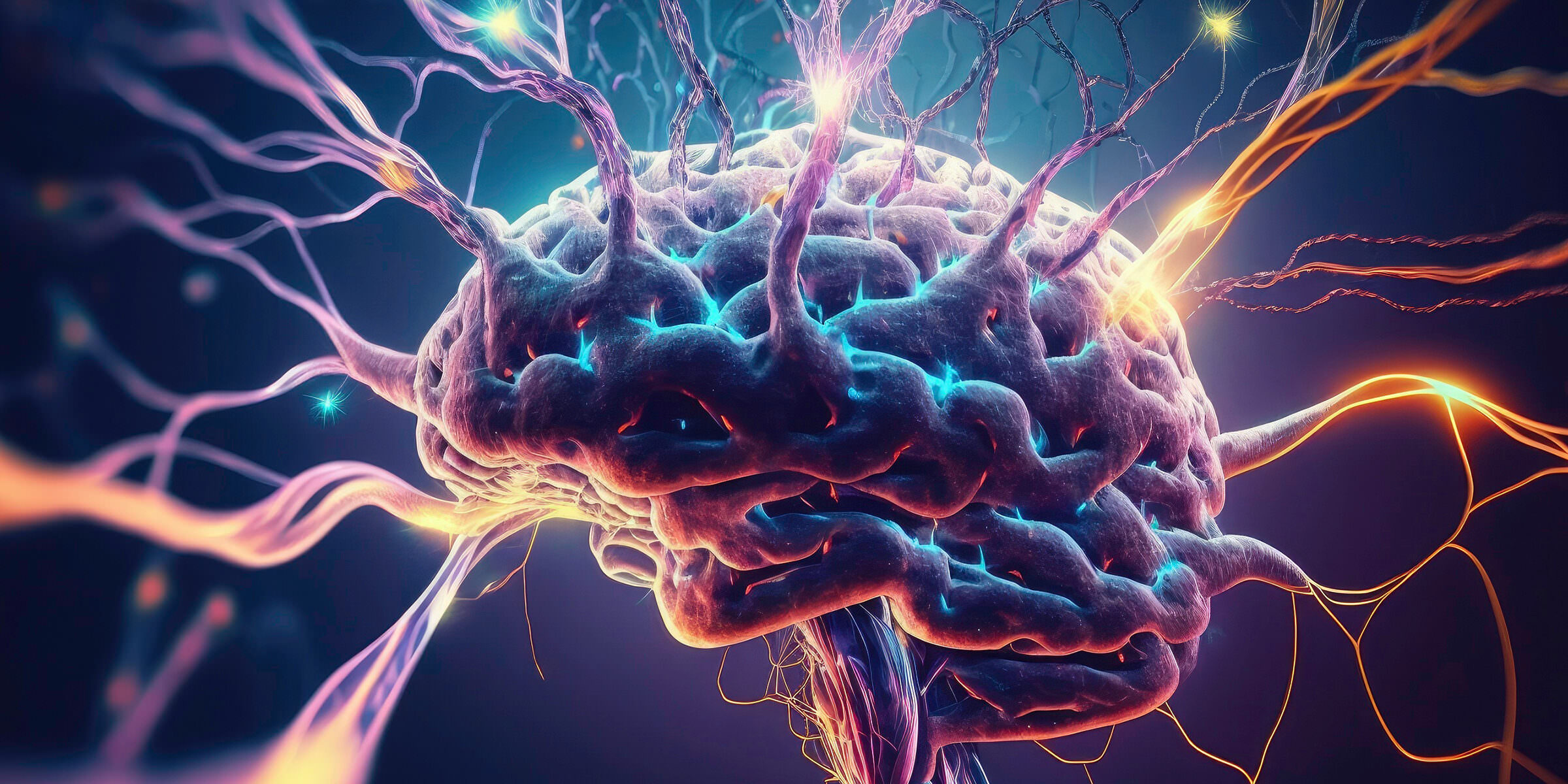
HEALthy Brain and Child Development (HBCD) Study Training Course
The Research Need
The first few years of life are a period of exponential growth and brain development. The long-term effects of perinatal exposure to opioids on infant and child development are unknown.
To address this knowledge gap, NIH is supporting research to better understand brain development, beginning in the perinatal period, and extending through early childhood, including variability in development and how it contributes to cognitive, behavioral, social, and emotional function. Knowledge of normative brain trajectories is critical to understanding how they may be affected by exposure to opioids and other substances (e.g., alcohol, tobacco, cannabis), stressors, trauma, and other significant environmental influences, including those that promote resilience.
About the Program
The HEALthy Brain and Child Development (HBCD) Study will recruit a large cohort of pregnant women from regions of the country significantly affected by the opioid crisis and follow them and their children through early childhood. The study will collect information beginning at birth and continuing through early childhood, including structural and functional brain imaging; anthropometrics; medical history; family history; biospecimens; and social, emotional, and cognitive development.
Knowledge gained from this research will be used to better understand and ultimately prevent or attenuate the harms of prenatal and postnatal exposure to drugs or other adverse environmental conditions, including risk for early substance use, mental disorders, and other behavioral and developmental problems. It will also identify resilience factors that may mitigate some of these adverse outcomes.
| Est. Time | 1 hr 1 min |
|---|
Table of Contents
| Deconstructing Stigma and Discrimination around Addiction |
